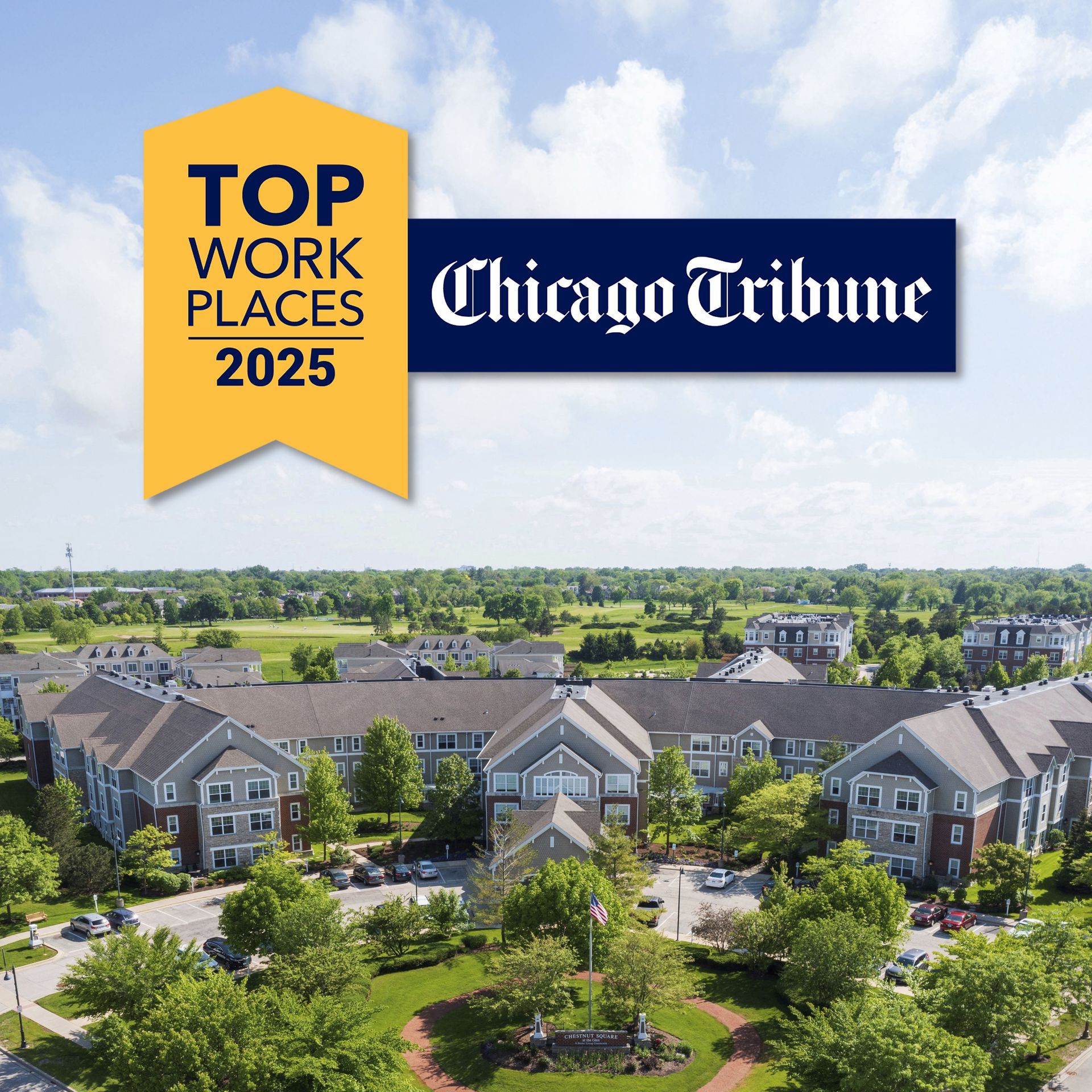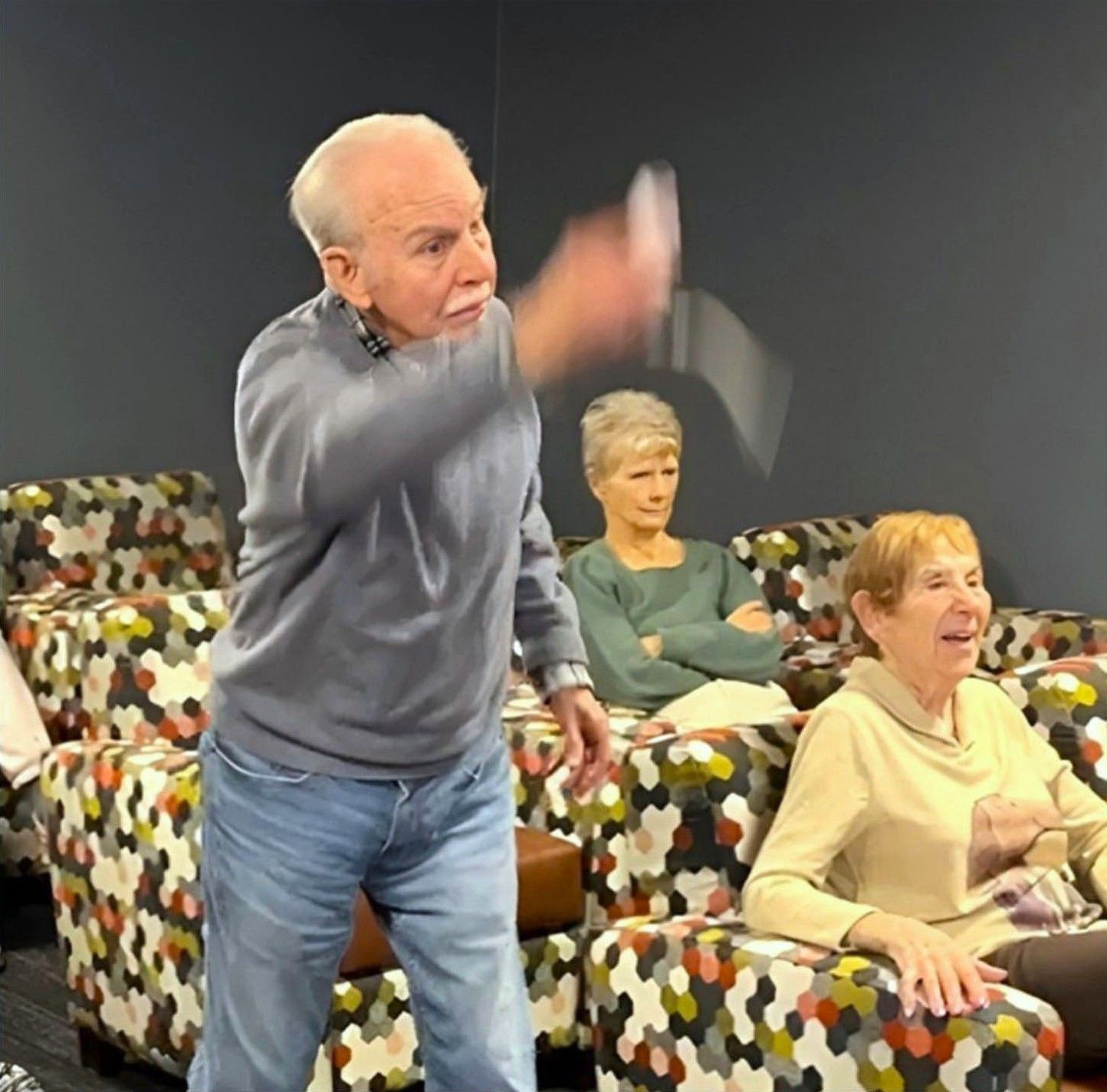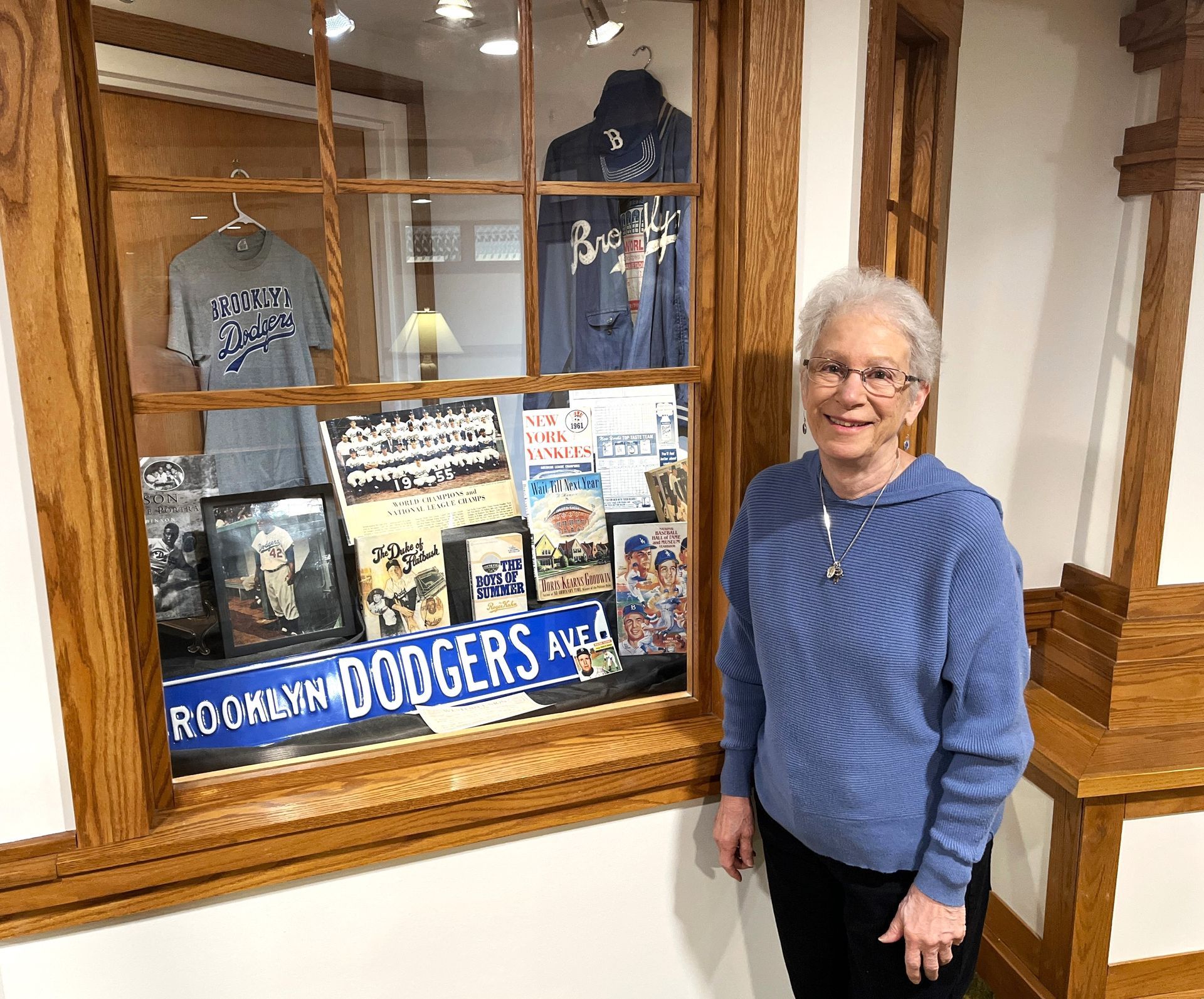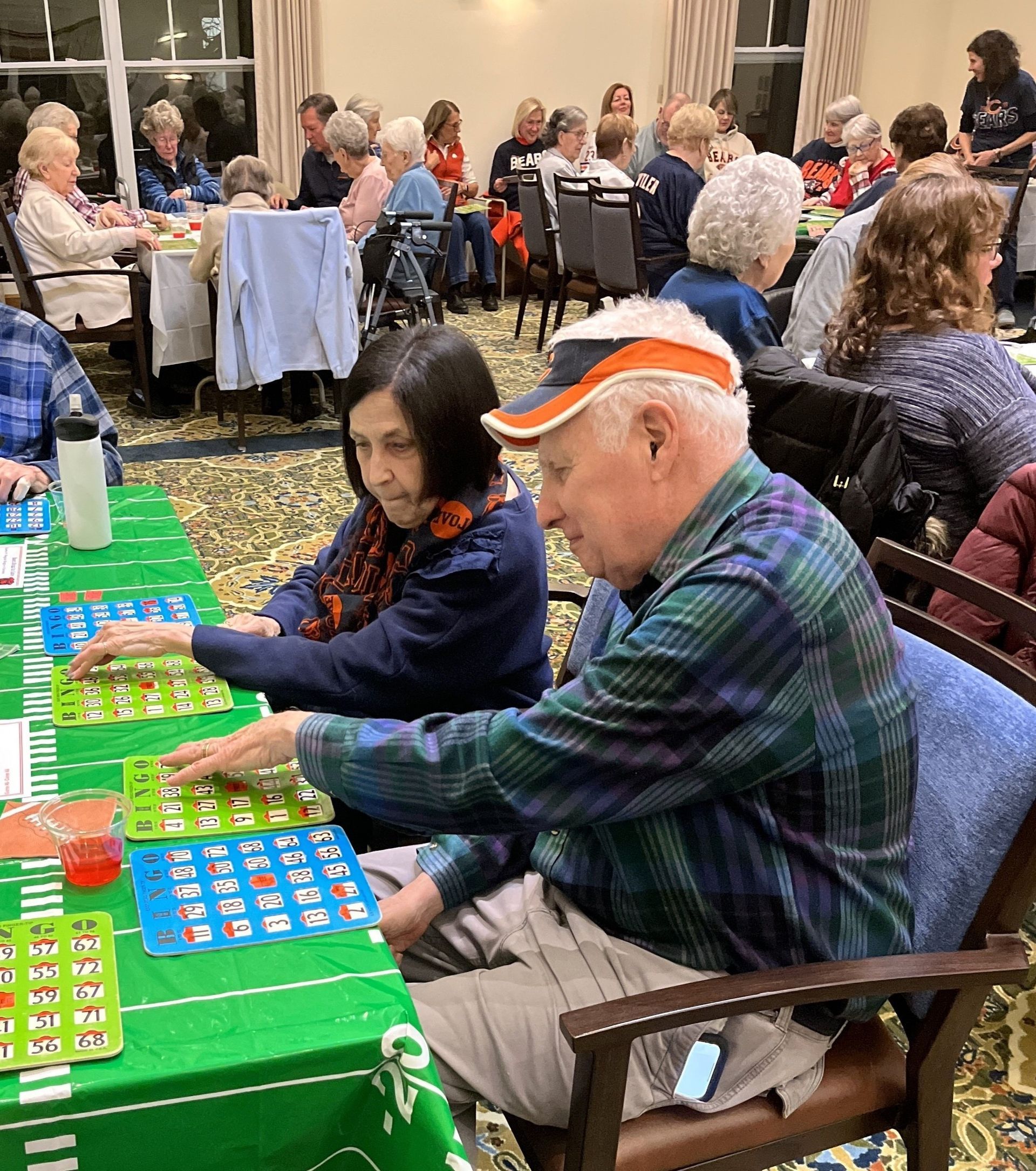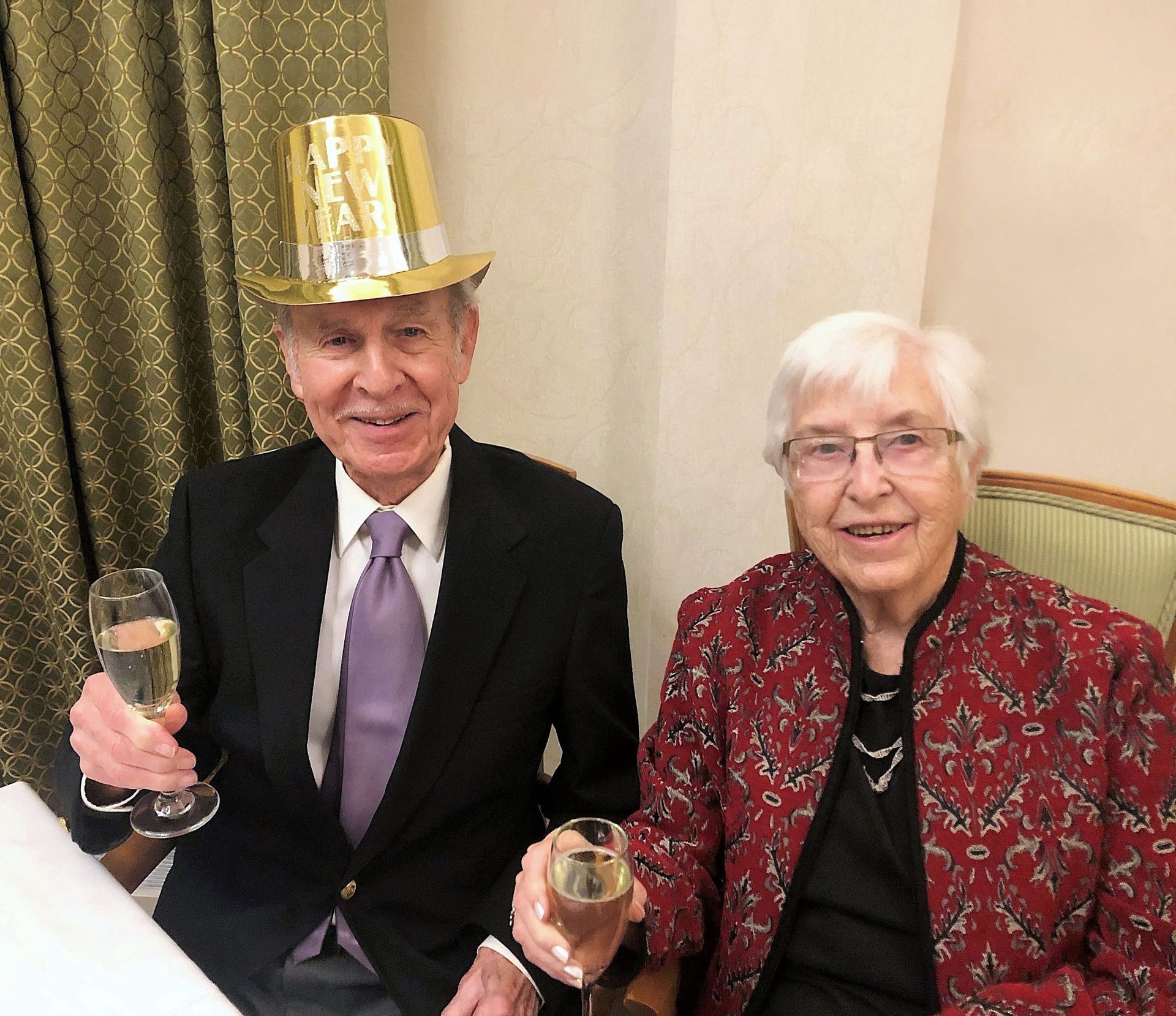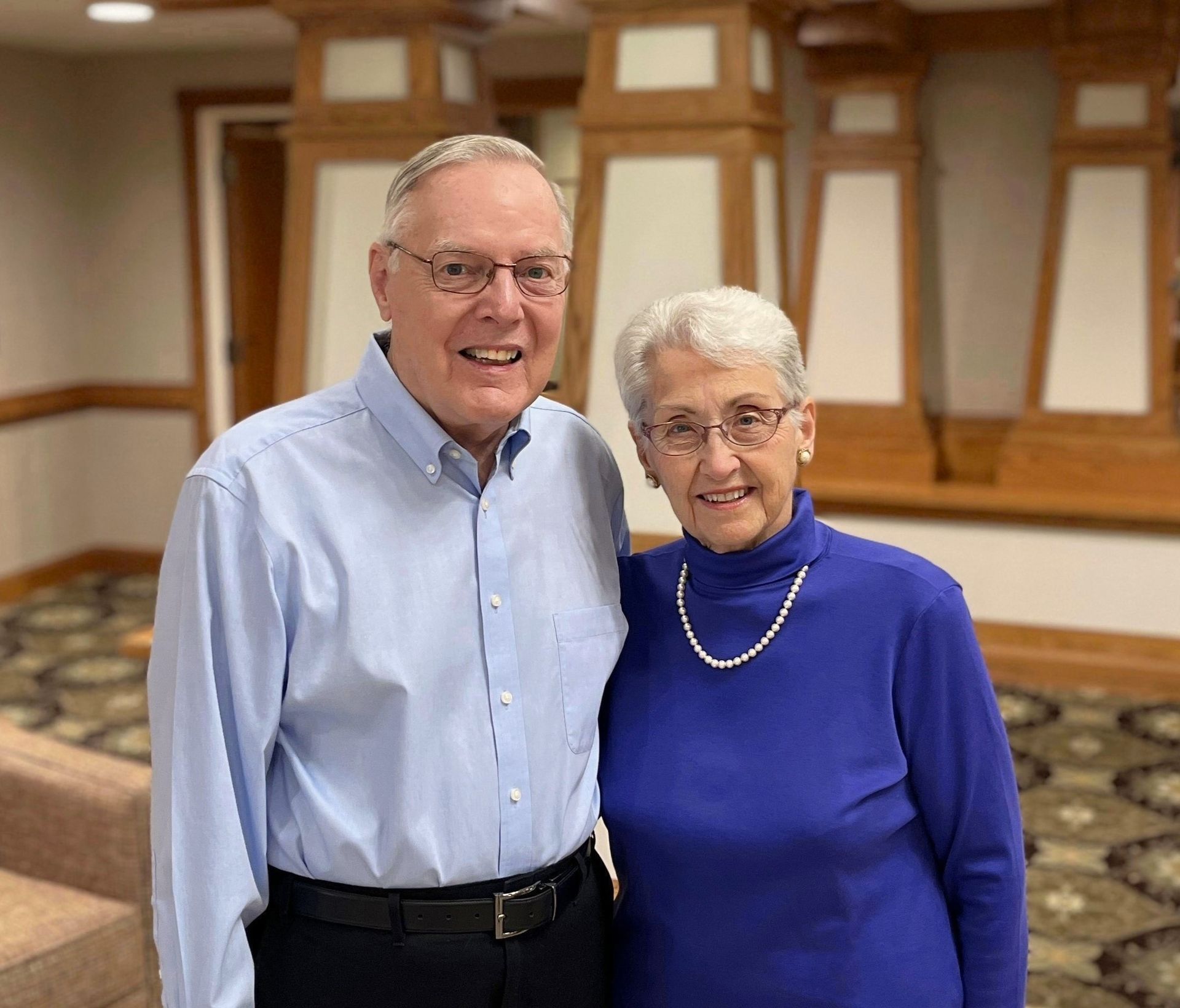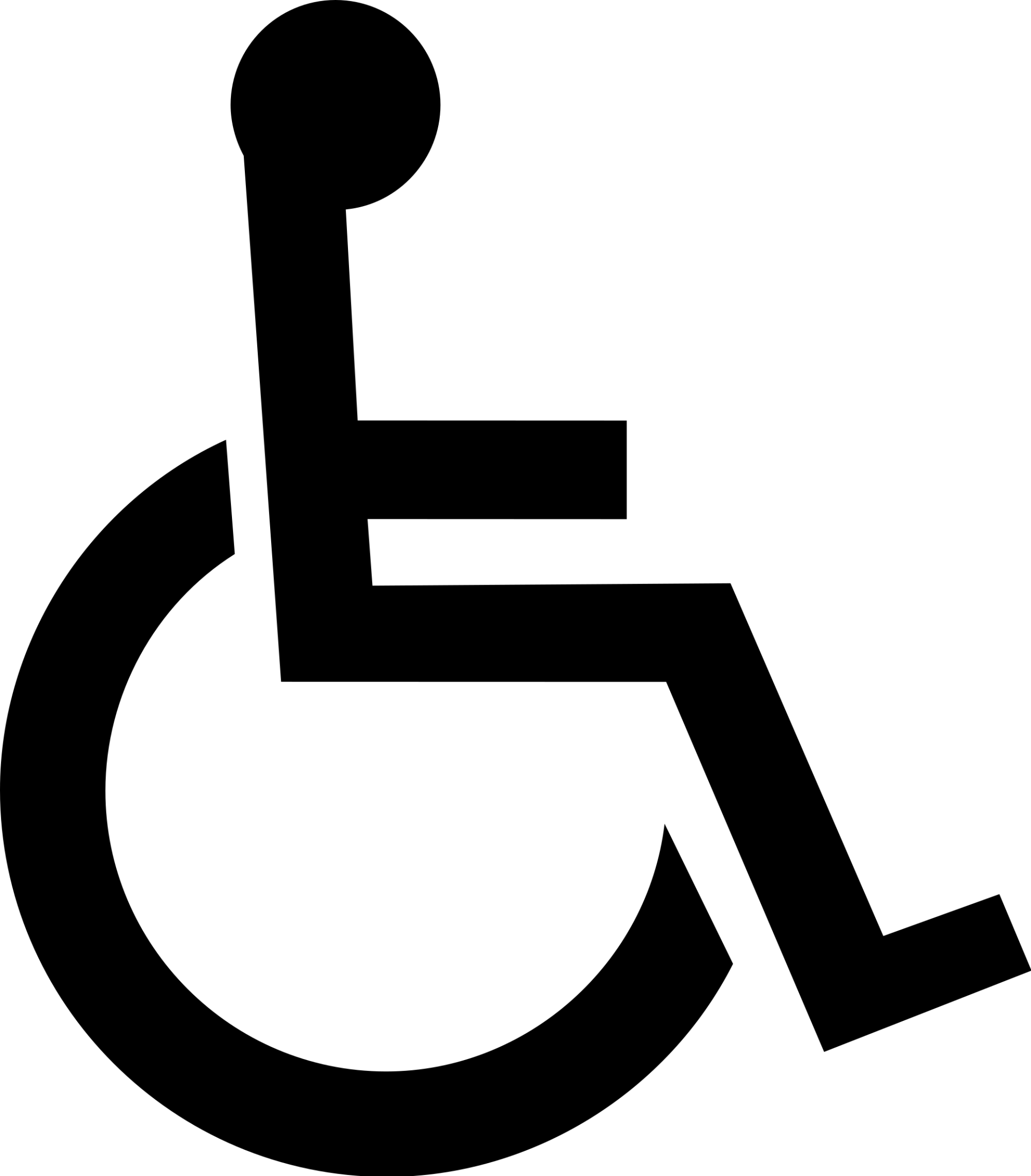Getting the Most from Your Next Visit to the Doctor

Visits to the doctor—whether it’s a routine checkup, a health screening, or a consultation for a serious medical condition—are never occasions that people look forward to. The anticipation ahead of the appointment can frequently produce anxiety and scattered thoughts about every possible outcome, regardless of how unlikely.
For all these reasons, our focus during the actual visit is often diminished. When you add to the mix that your face time with the doctor can sometimes be five minutes or less, it’s very easy to leave the appointment with a poor recollection of everything that was discussed, or numerous questions that you forgot to ask.
For the senior population, getting the most out of every medical appointment is even more crucial. With that in mind, the National Institute on Aging recommends using the following 6 tips to maximize every visit and make it easier for you and your doctor to cover everything you need to talk about.
1) Make a List and Prioritize Your Concerns
Make a list of what you want to discuss. For example, do you have a new symptom you want to ask the doctor about? Are you concerned about how a treatment is affecting your daily life? If you have more than a few items to discuss, put them in order on paper and ask about the most important ones first. Don’t put off the things that are really on your mind until the end of your appointment—bring them up right away!
2) Take Information with You to the Doctor
Some doctors suggest you put all your prescription drugs, over-the-counter medicines, vitamins, and herbal remedies or supplements in a bag and bring them with you. Others recommend you bring a list of everything you take and the dose. You should also take your insurance cards, names and phone numbers of other doctors you see, and your medical records if the doctor doesn’t already have them.
3) Consider Bringing a Family Member or Friend
Your companion can remind you what you planned to discuss with the doctor if you forget, and can also take notes for you and help you remember what the doctor said. You can still request time alone with the doctor to discuss sensitive matters (your family member or friend can simply step into the waiting room). For the best results, let your companion know in advance how he or she can be most helpful.
4) Keep Your Doctor Up to Date
Let your doctor know what has happened in your life since your last visit. If you have been treated in the emergency room or by a specialist, tell the doctor right away. Mention any changes you have noticed in your appetite, weight, sleep, or energy level. Also tell the doctor about any changes in medications you take or the effects they have had on you.
5) Be Sure You Can See and Hear as Well as Possible
Many older adults use glasses or need hearing aids. Remember to take your eyeglasses to the appointment, and if you have a hearing aid, make sure that it’s working properly and that you’re wearing it. It’s also a good idea to let the doctor and staff know if you have difficulty seeing or hearing. For example, you may want to say: “My hearing makes it hard to understand everything you’re saying. It helps a lot when you speak slowly and face me when you're talking.”
6) Request an Interpreter if You Need One
Even though some English-speaking doctors know basic medical terms in Spanish or other languages, you may feel more comfortable speaking in your native language, especially when it comes to sensitive topics. Call the doctor’s office ahead of time as they may need to plan for an interpreter to be available. Always let the doctor, your interpreter, or the staff know if you do not understand your diagnosis or the instructions the doctor gives you. Don’t let language barriers stop you from asking questions or voicing your concerns.
Regardless of the reason for your next medical visit, you have the power to be your own best advocate! Make a point to prepare ahead of time, organize your questions and concerns on paper and bring them with you, and never hesitate to enlist the support of family, friends and other resources that can be available during your appointment.
For more information about Chestnut Square’s vibrant senior living community, please visit www.ChestnutSquare.info
